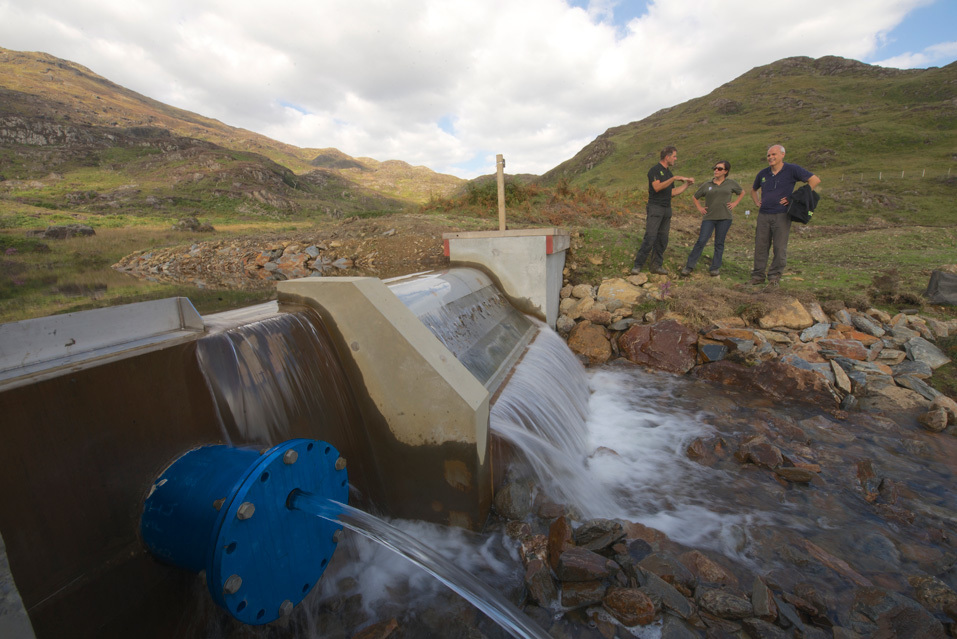
The development of new hydro-electric power schemes will no longer be economically viable if the UK Government continues to cut subsidies, a London-based investment fund has warned.
Hydro schemes have been an attractive proposition for cautious investors as they use established technology, have a predictable output and are designed to last 50 years with little maintenance, said David Freeder, an investment manager at Downing.
The government sweetened the deal further in 2010, when it introduced the feed-in tariff (FiT) system, which dishes out fixed-rate payments for electricity generated by small-scale schemes, including solar, wind and hydro.
However, in 2012, Westminster brought in a “degression” mechanism to reduce subsidies on the basis that renewable technologies should get cheaper as megawatt capacity builds.
Mr Freeder, whose London-based fund has invested a total of £20million in seven hydro schemes in Scotland over the past 18 months, said a repeat of last year’s 20% reduction in FiT would make the sector unappealing to investors.
He added: “To date, (the lowering of subsidies) has meant that developers have had to think very hard about the costs of projects and keeping on top of those. We’re now at a point where if the feed-in tariff review doesn’t come out favourably, it will get harder and harder for developers to actually find projects that are economical.”
Hydro power supporters believe the sector is being subjected to an unfair level of degression.
According to Mr Freeder, the costs associated with complex run-of-river schemes have not come down at the same rate as is the case with solar power, for example, which has benefited from the import of cheap panels made in the Far East.
Industry bodies recently appealed to the Department of Energy and Climate Change to base degression solely on installed capacity, increase the pre-accreditation window by between six and 12 months, and provide a grace period for projects that are delayed through no fault of the developer.
Joss Blamire, senior policy manager at Scottish Renewables, said: “Private finance, particularly funds seeking long-term returns from a stable asset, is increasingly looking to the hydro sector to deliver. To continue to ensure investors have confidence in the ability of our oldest renewable technology we need the UK Government to ensure there is long-term support to the sector.
“Hydro already delivers 14% of the electricity we use in Scotland and, with the right government support, the sector can continue to thrive.”

